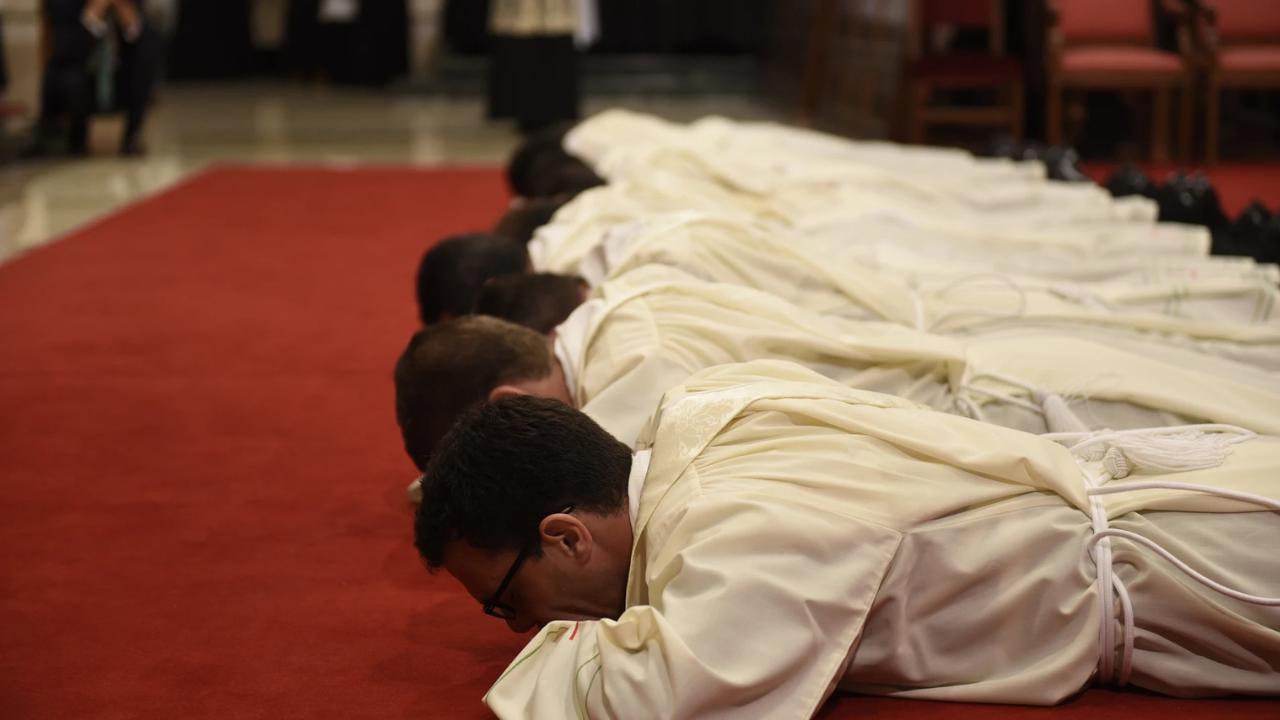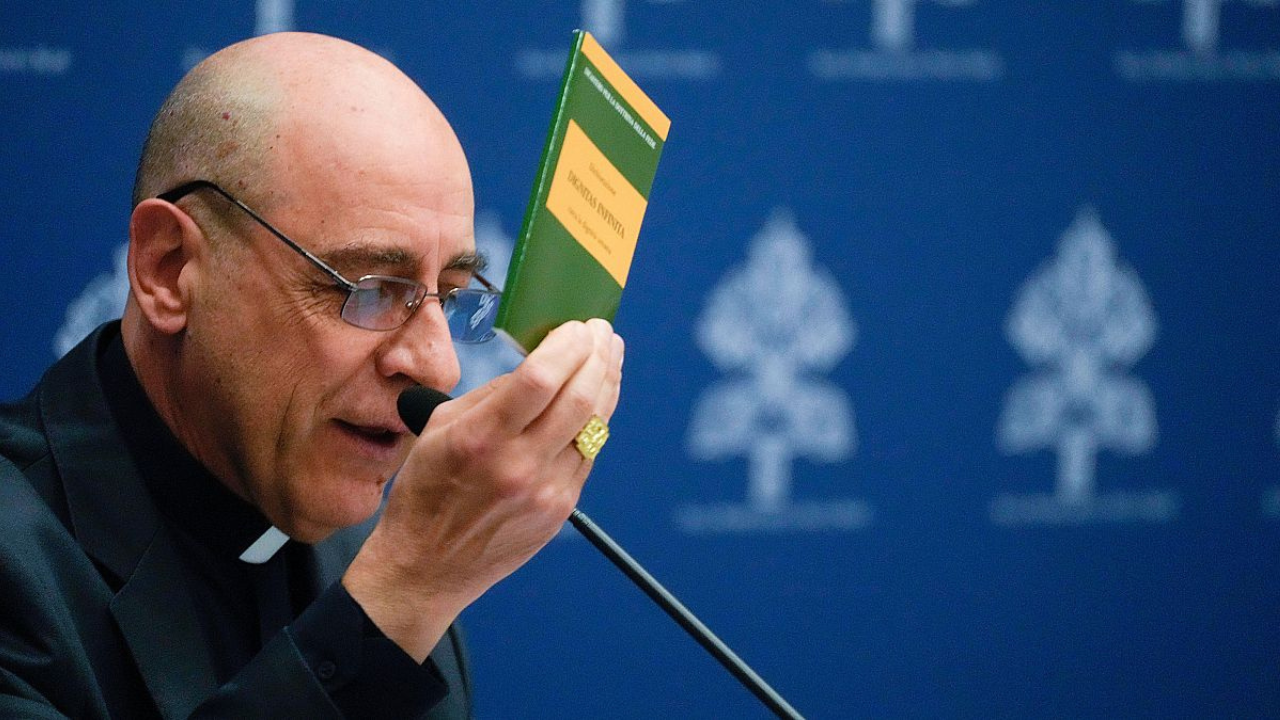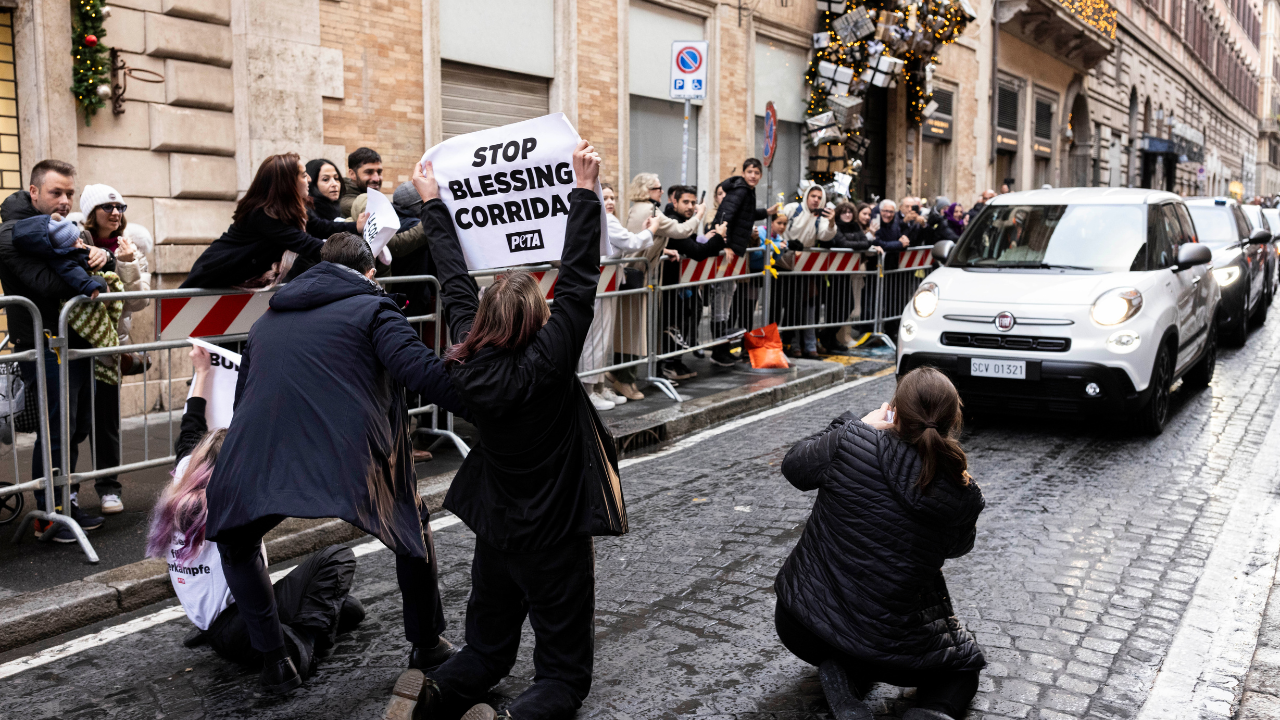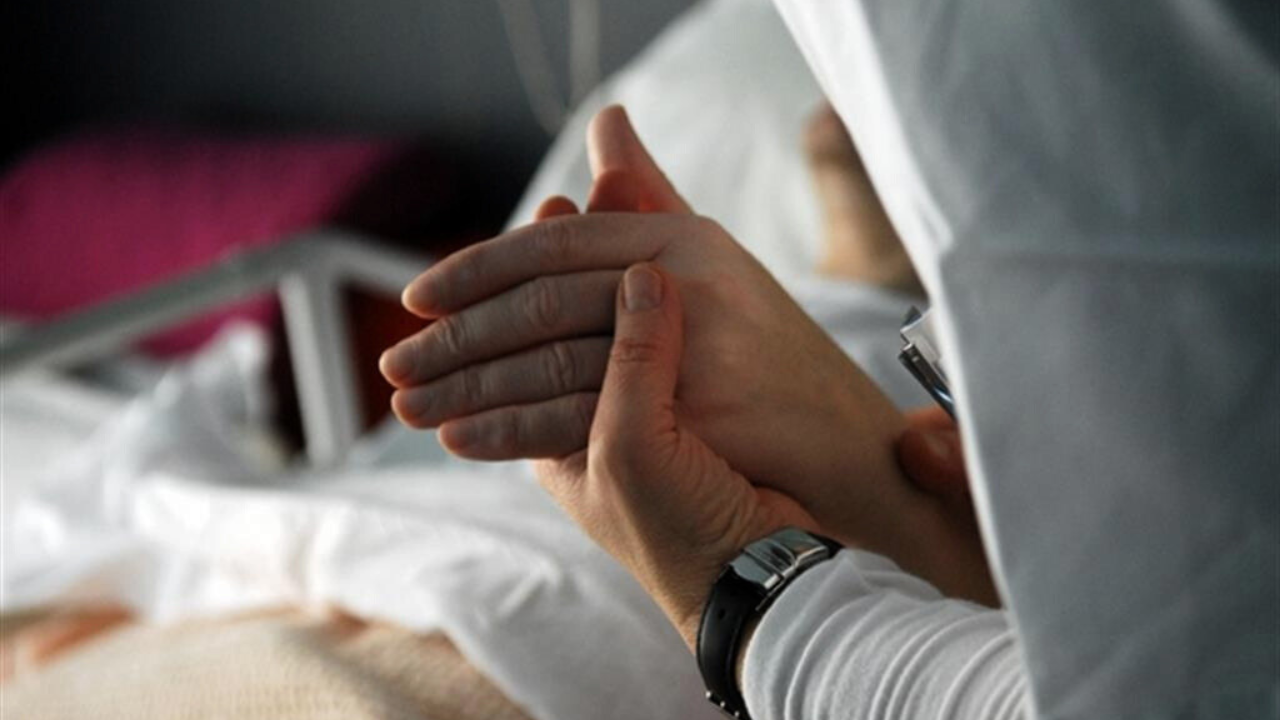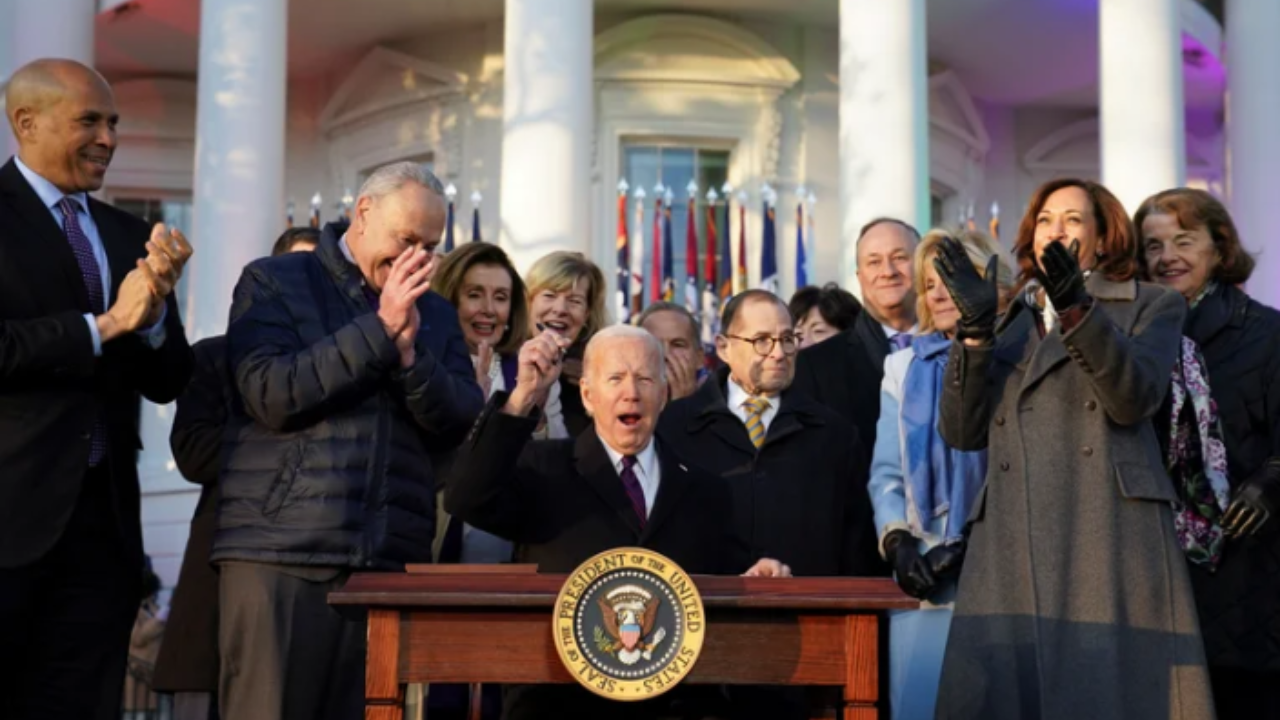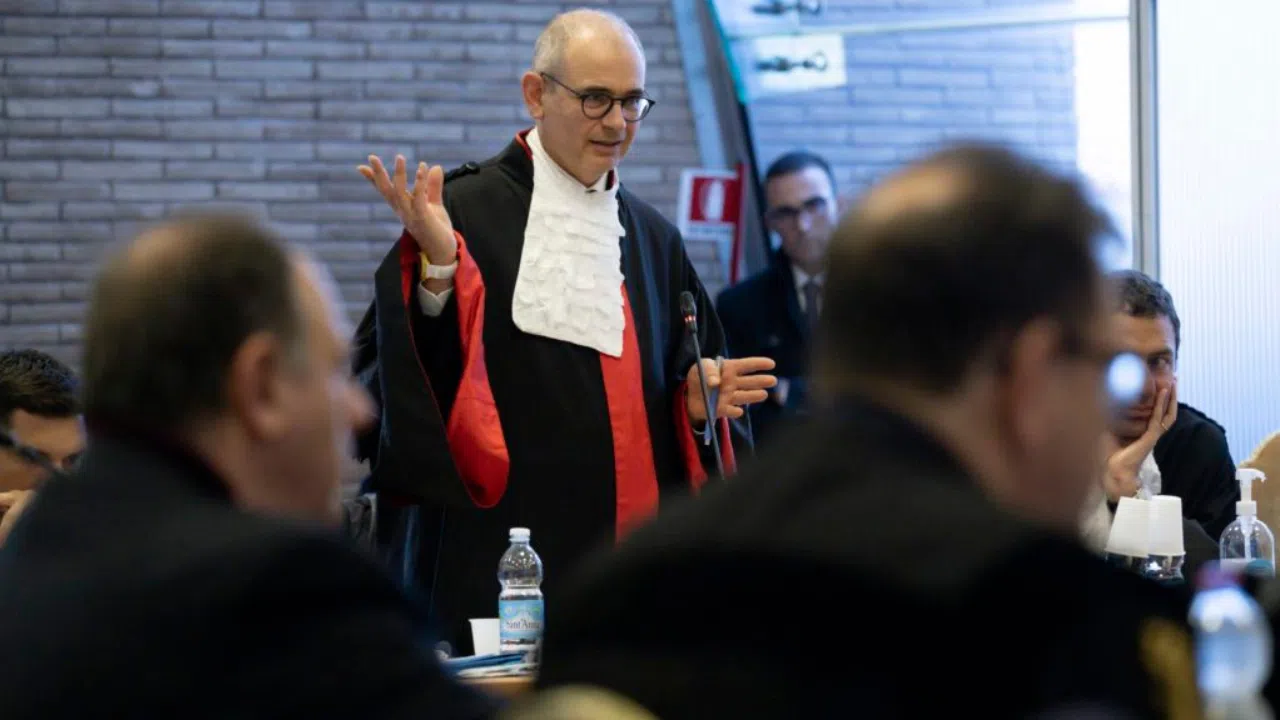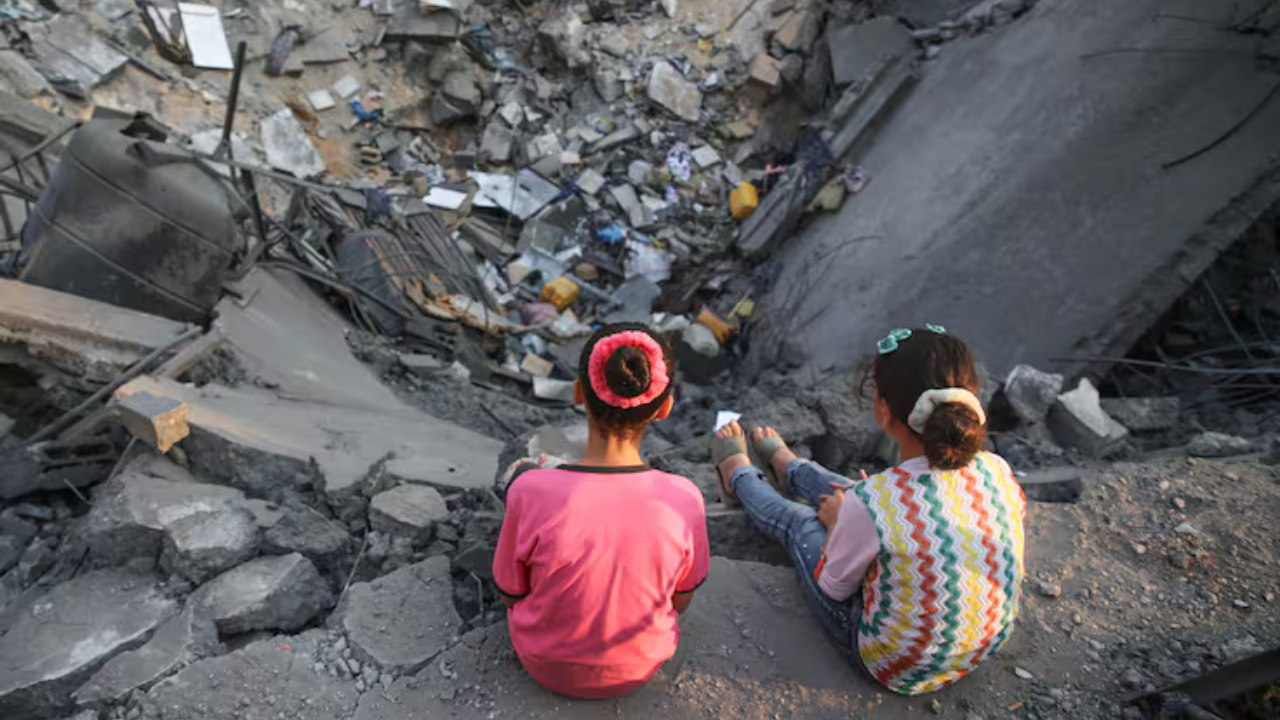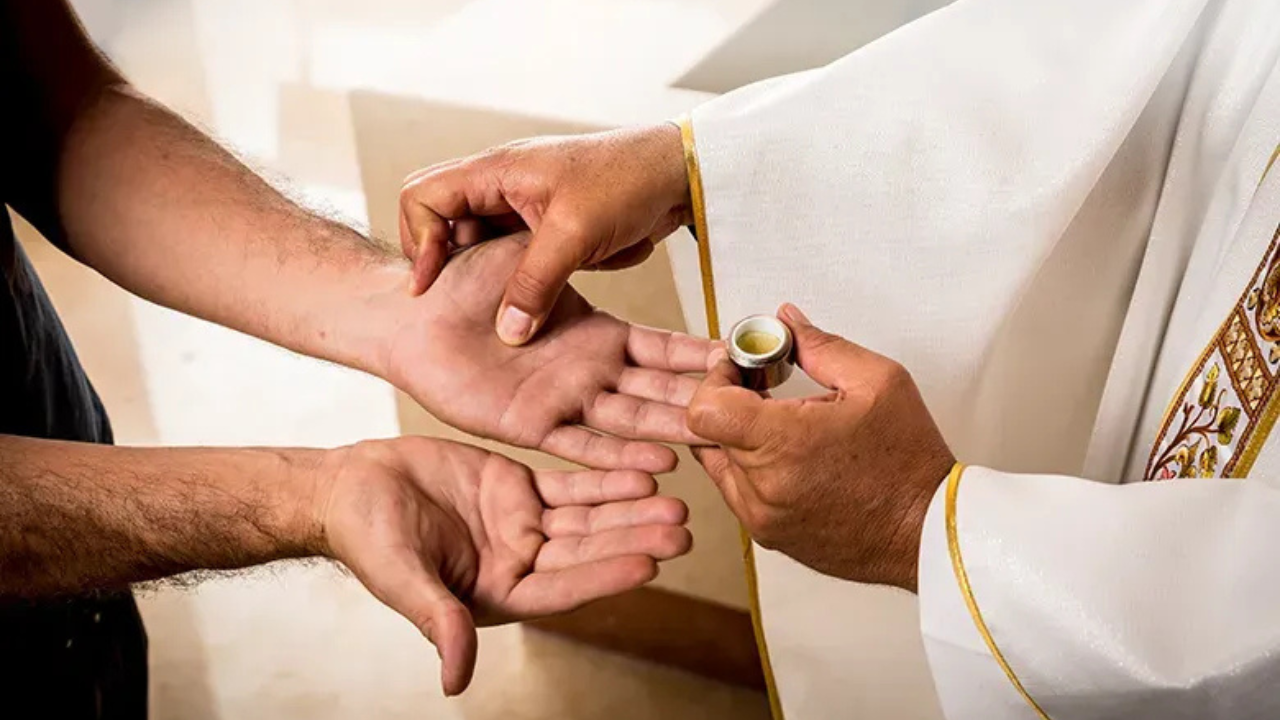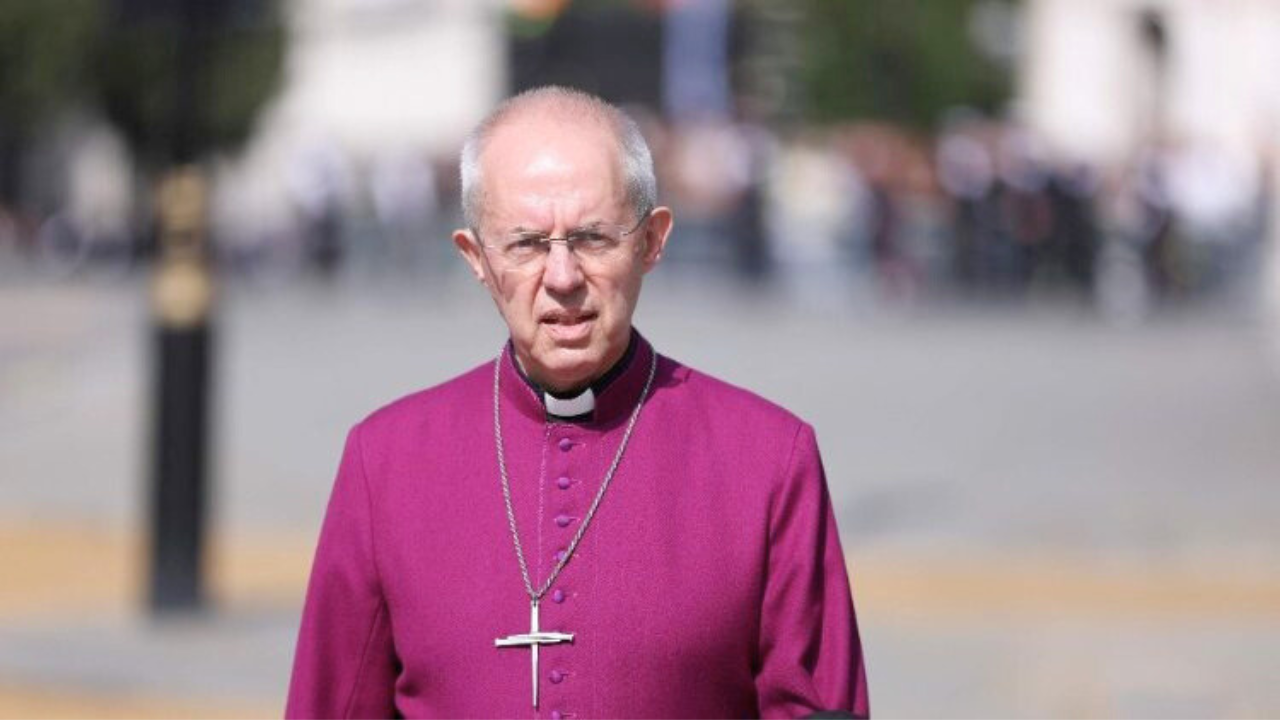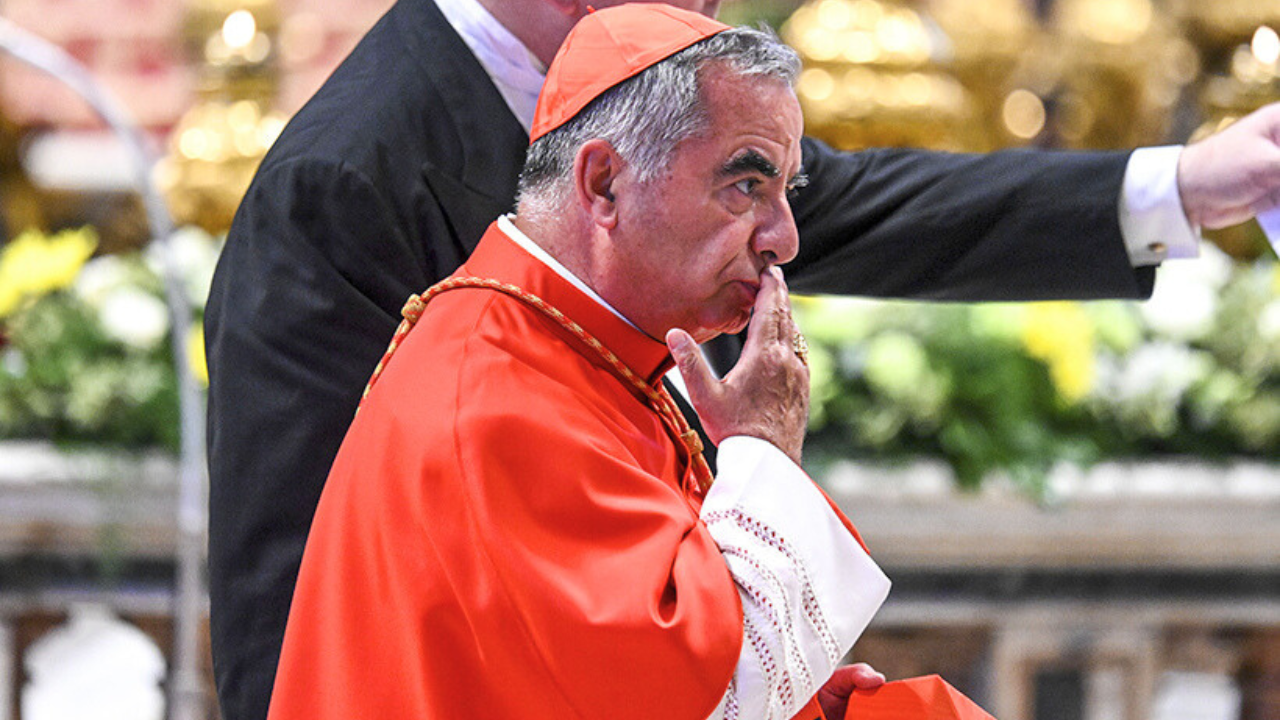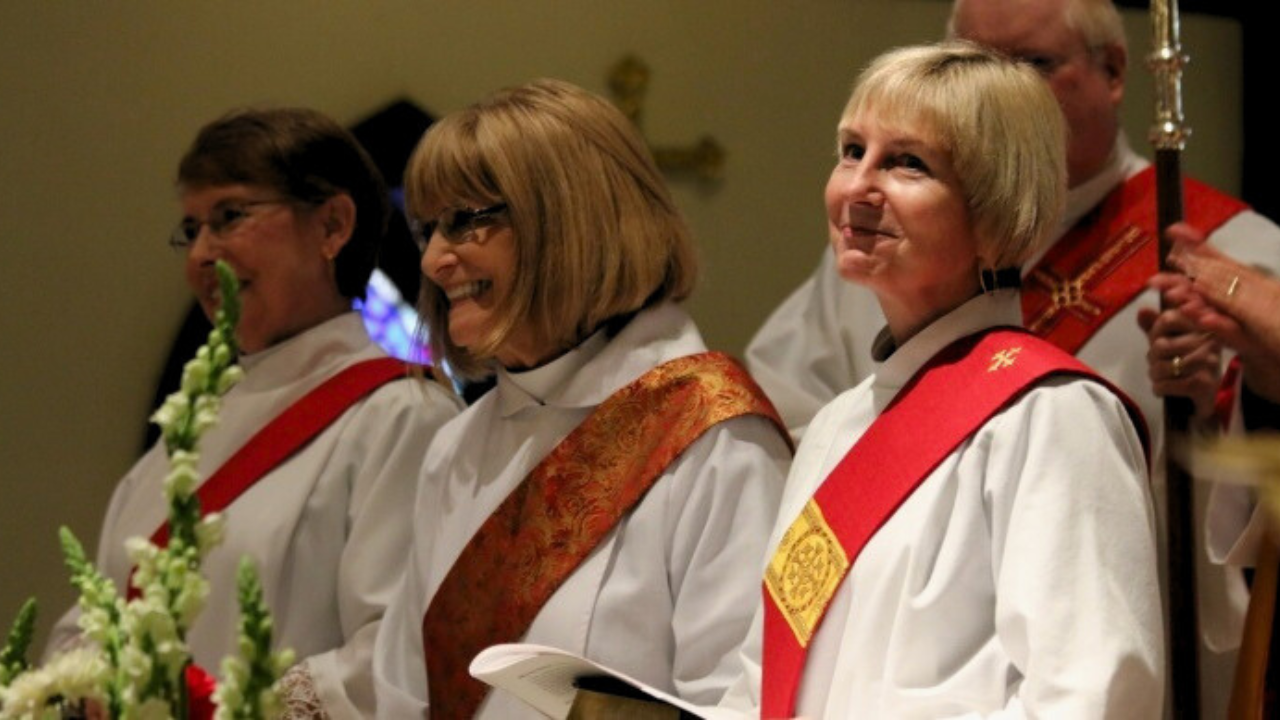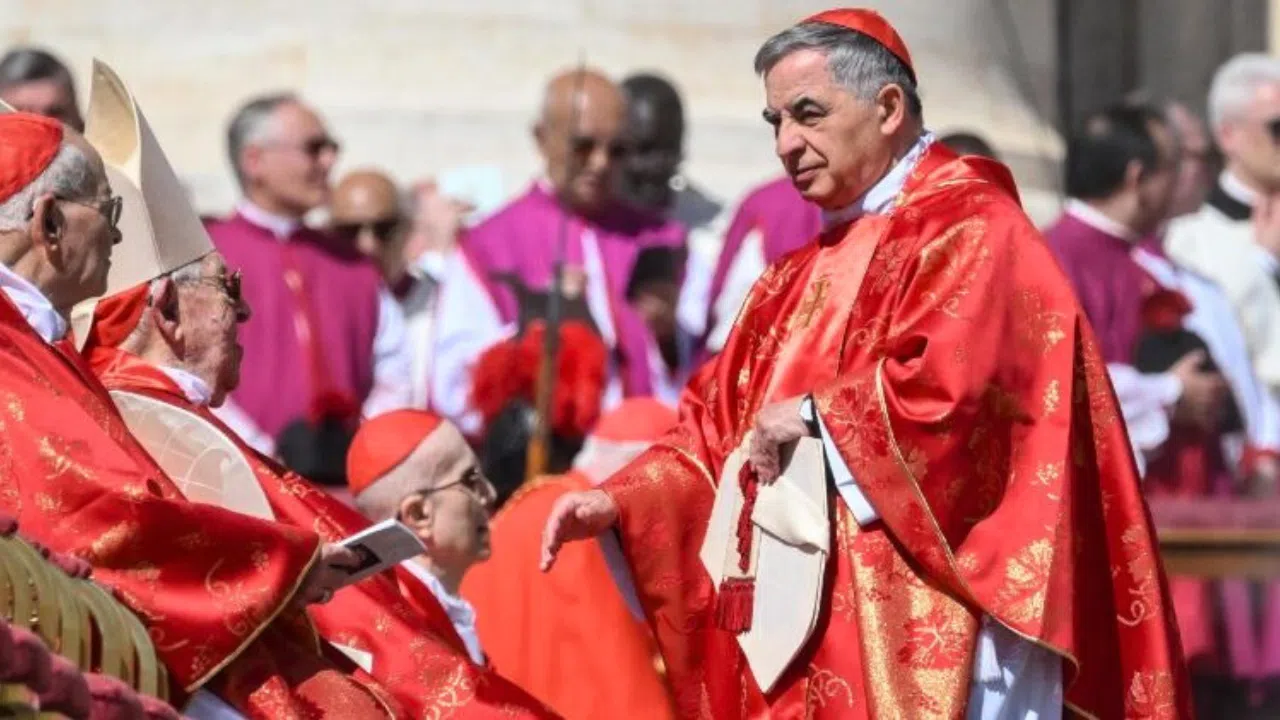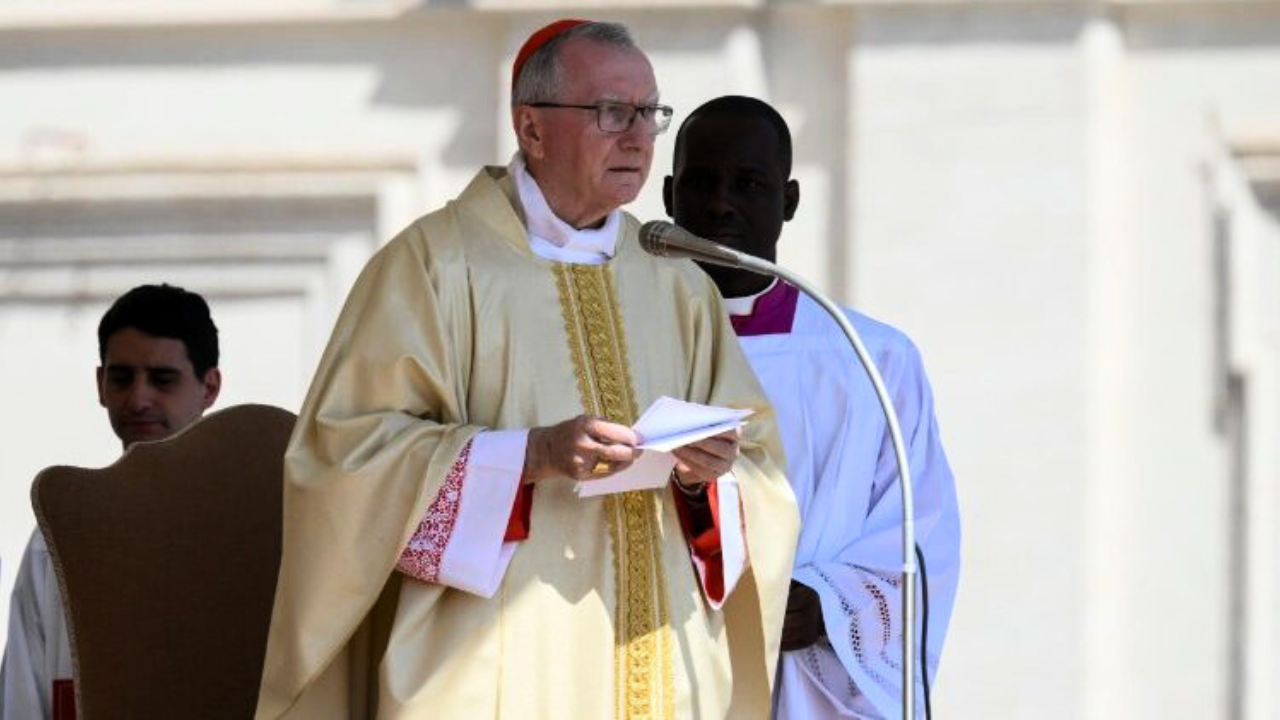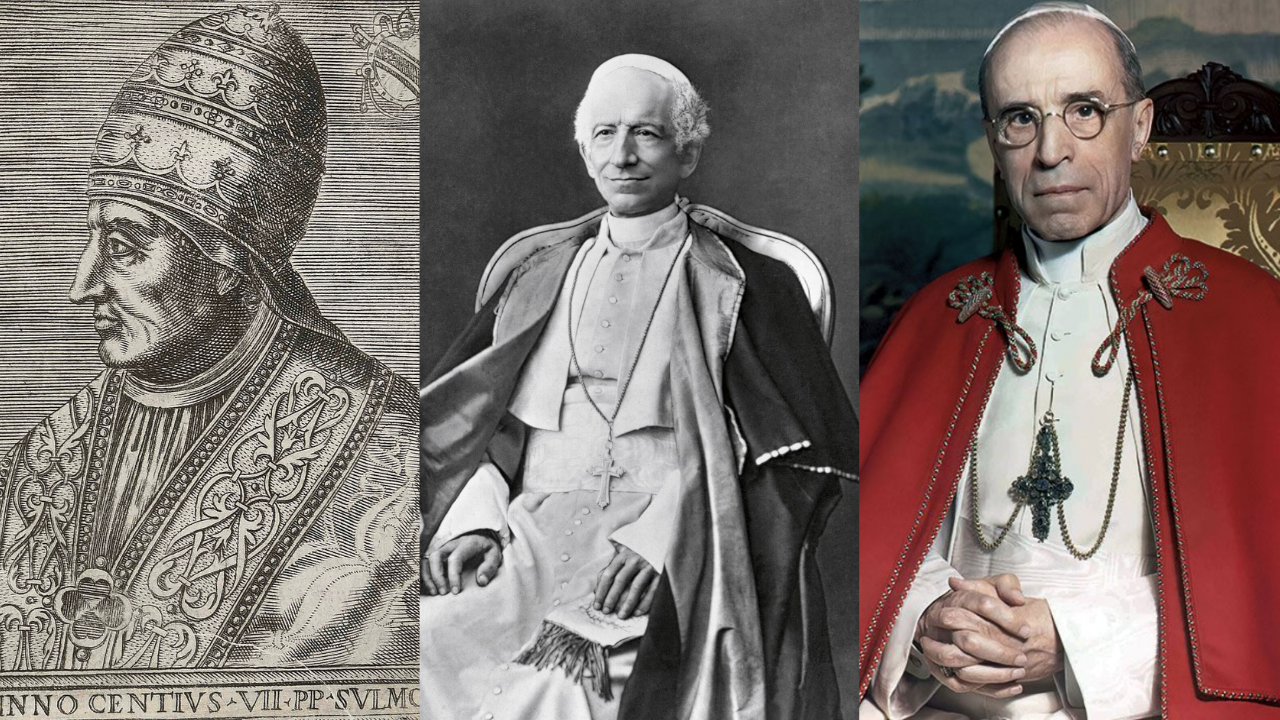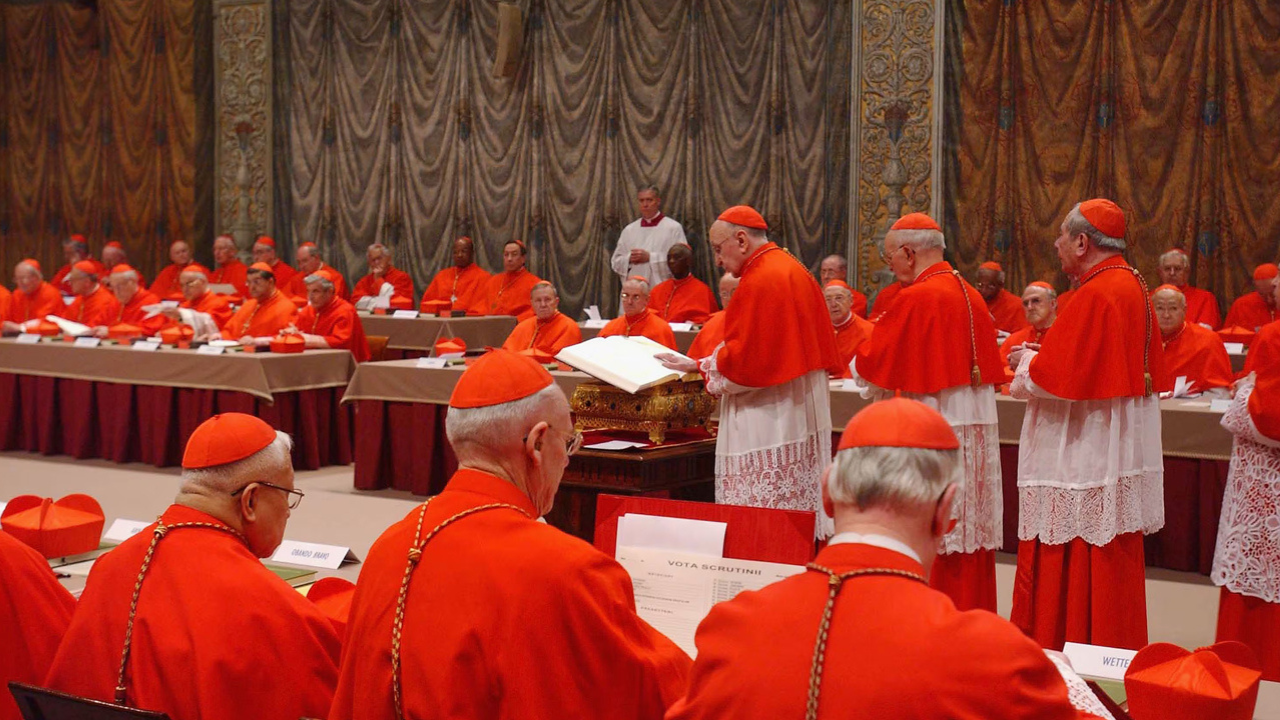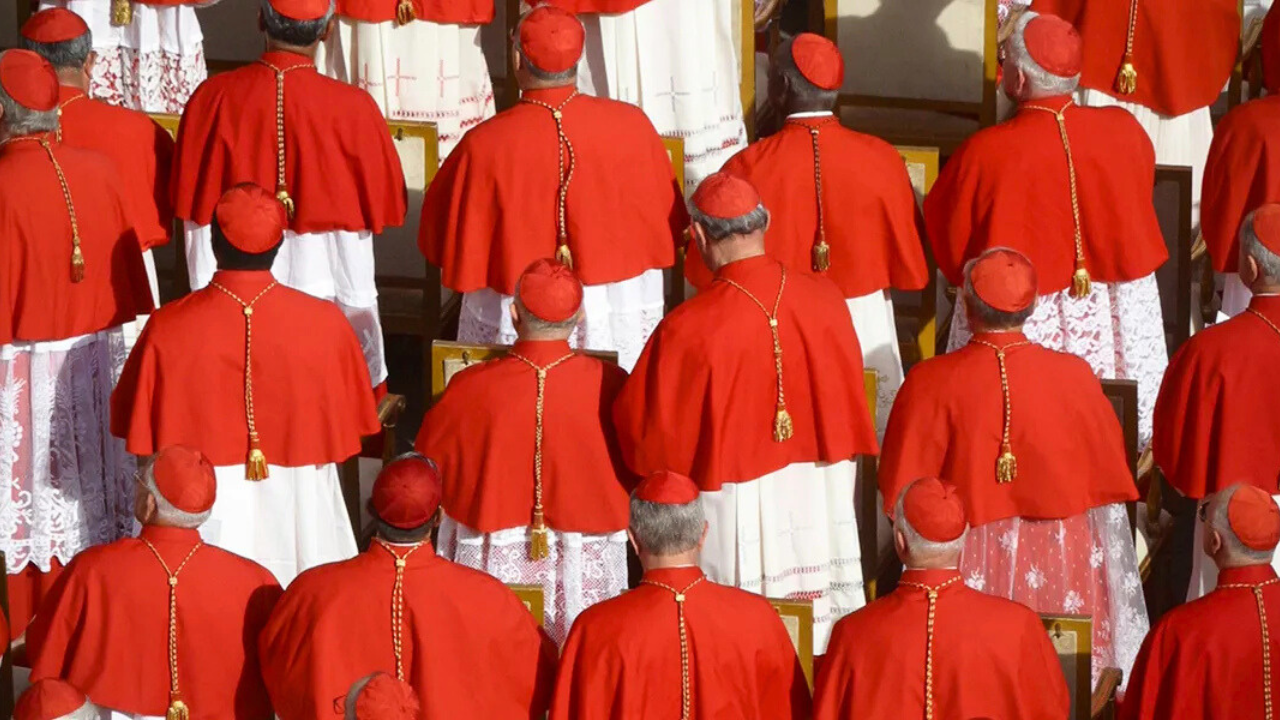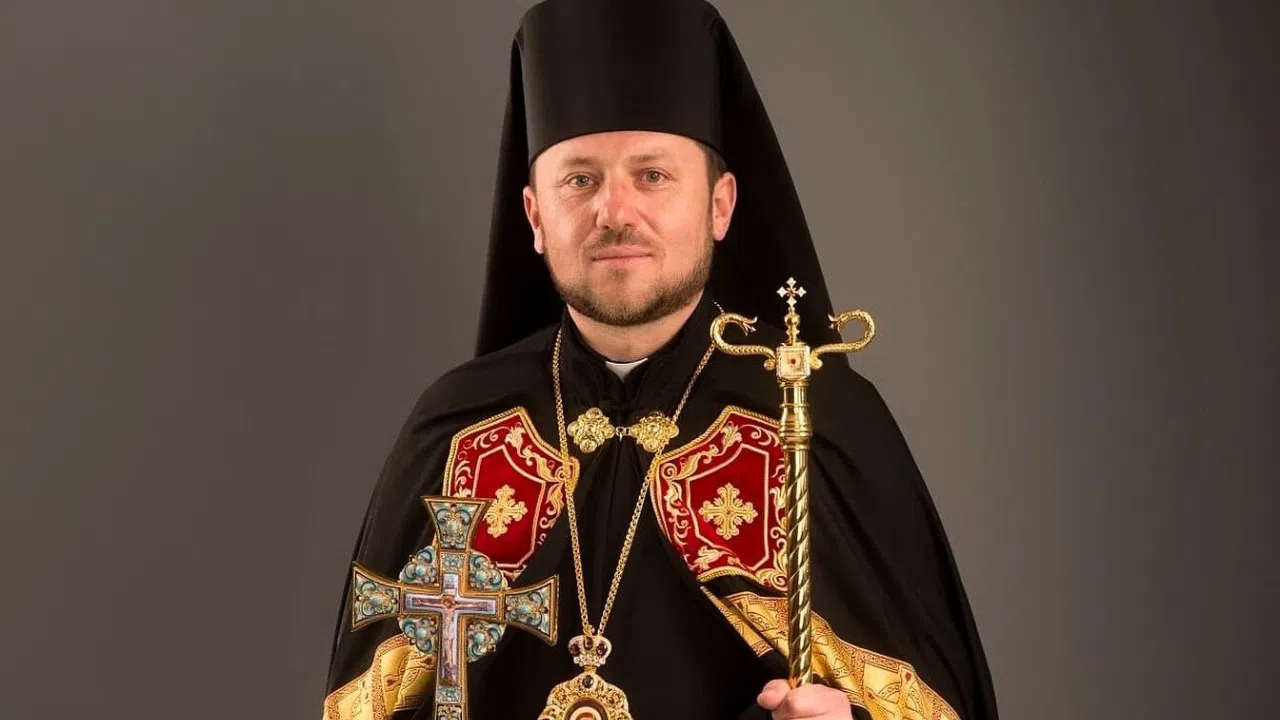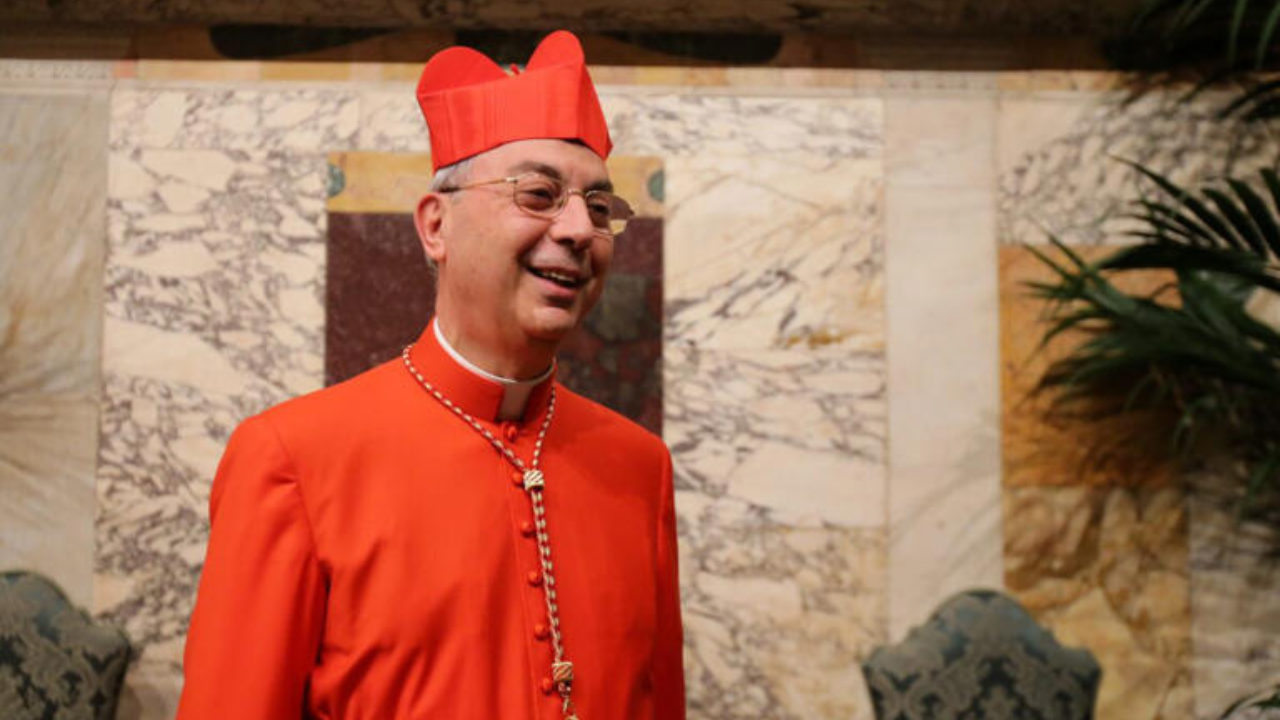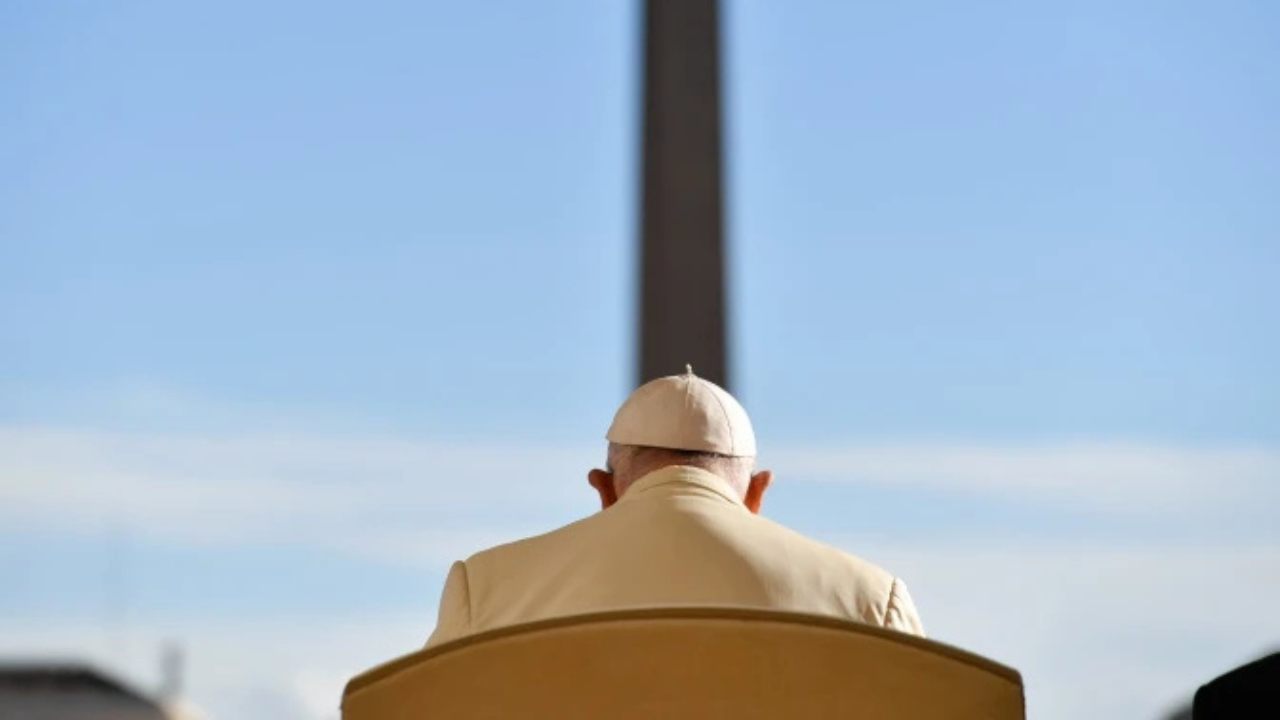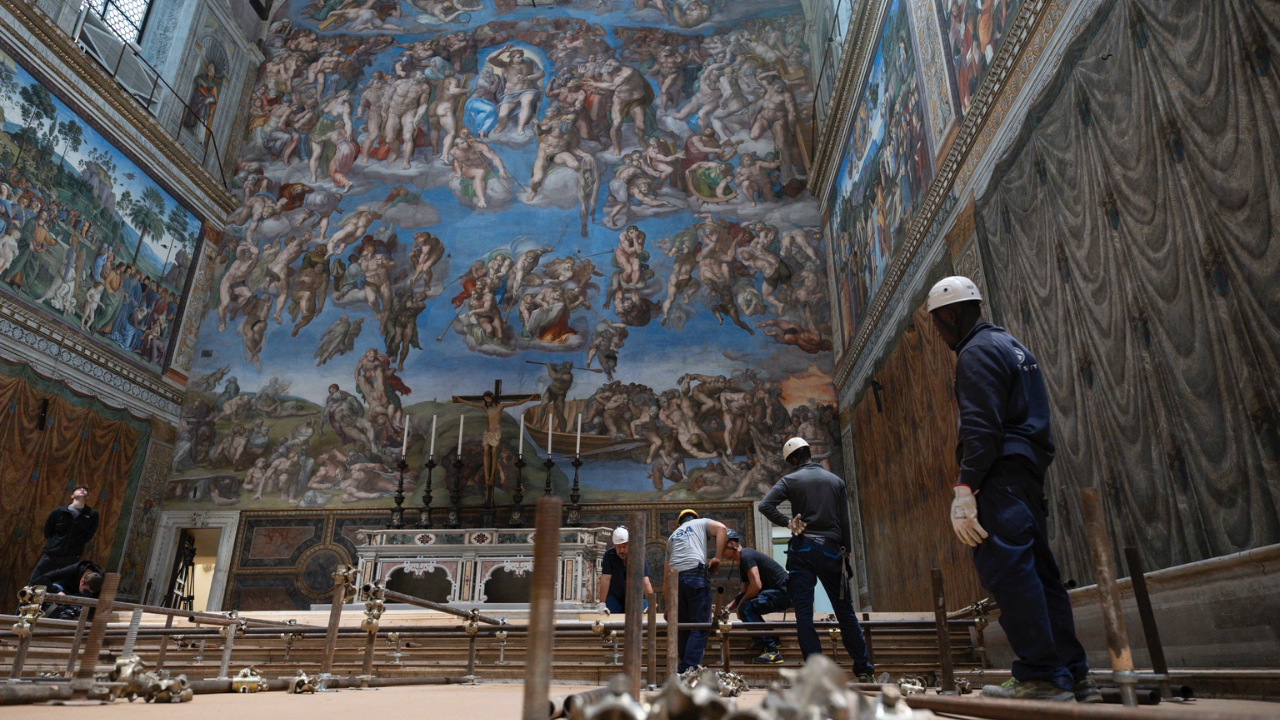The head of diplomacy of the United States traveled to Rome to intervene in this important meeting organized by its embassy to the Holy See.
The idea was to address how diplomatic work benefits religious freedom.
It also allowed Mike Pompeo to explain why he so strongly opposes an agreement between the Vatican and China.
The politician recalled Beijing's harsh measures against Catholics.
-Catholic churches and shrines have been desecrated and destroyed.
-Catholic bishops like Augustine Cui Tai have been imprisoned, as have priests and laity.
-Authorities order residents to replace pictures of Jesus with those of Chairman Mao and General Secretary Xi.
MIKE POMPEO
U.S. Secretary of State
“Countries must sometimes make compromises to advance good ends. Leaders come and go. Priorities change. The Church is in a different position. Earthly considerations shouldn't discourage principled stances based on eternal truths.”
The Vatican had explained some hours before that it isn't making a diplomatic agreement with China, nor an agreement about the situation of the Church and priests. It's about setting up a mechanism to name new bishops in communion with Rome and recognized by Beijing.
CARD. PIETRO PAROLIN
Vatican Secretary of State
“Our way of doing politics is about taking small steps. We believe that every result—even if it isn't striking, even if it isn't eye-catching, even if, at first, perhaps it seems to not yield big results—is however, a step forward, toward the affirmation also of greater religious freedom.”
Card. Pietro Parolin also intervened at the symposium. He didn't mention China during his address. He did ask that religious liberty not be interpreted only in a negative sense.
CARD. PIETRO PAROLIN
Vatican Secretary of State
“To stress exclusively the expression of freedom of religion as freedom from external coercion without asserting what freedom is properly ordered, namely the discovery of the ultimate truth of one's existence, one's origin and destiny given by the Creator, is like giving a child a tool and telling them, 'You should not use this tool for that and that,' but never explaining to them what purpose that tool was intended to serve.”
The Holy See Secretary for Relations with States also participated. He assured that attacks against religious liberty aren't limited to physical violence.
PAUL RICHARD GALLAGHER
Holy See Secretary for Relations with States
“It is important to be aware of the fact that attacks against religious liberty are not only coming in the form of physical persecution, but evermore through ideological trends and silencing, through what has often been called political correctness, which are taking ever larger liberties in the name of tolerance and non-discrimination.”
This was the third edition of this conference on religious liberty, one of the most ambitious initiatives promoted by the current U.S. Ambassador to the Holy See, Callista Gingrich.
It's an opportunity to raise awareness of threats to religious freedom, and to look for useful, effective and lasting ways to help those whose freedom is repressed.
Javier Martínez-Brocal – Claudia Torres
